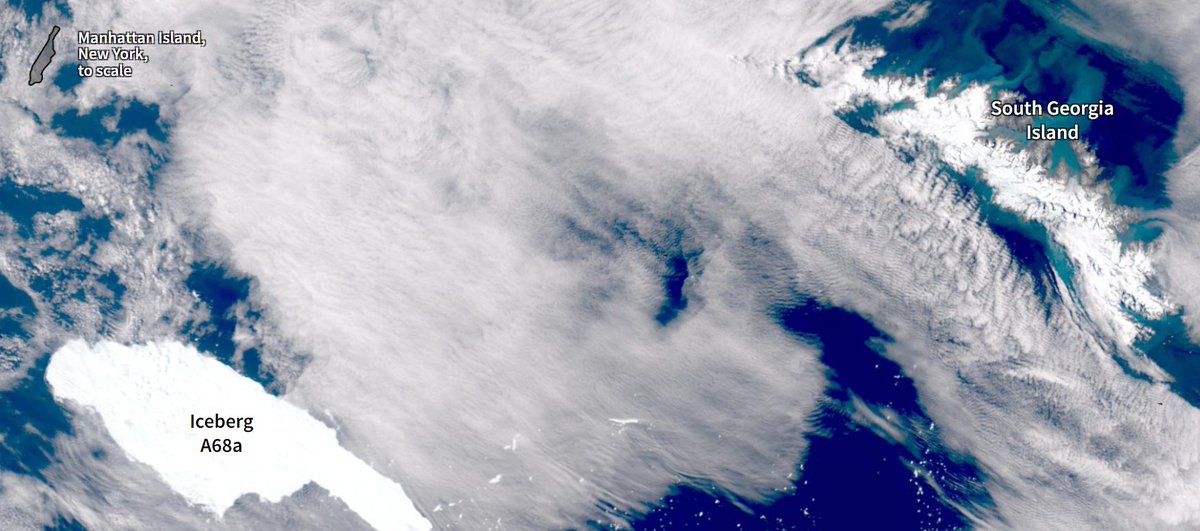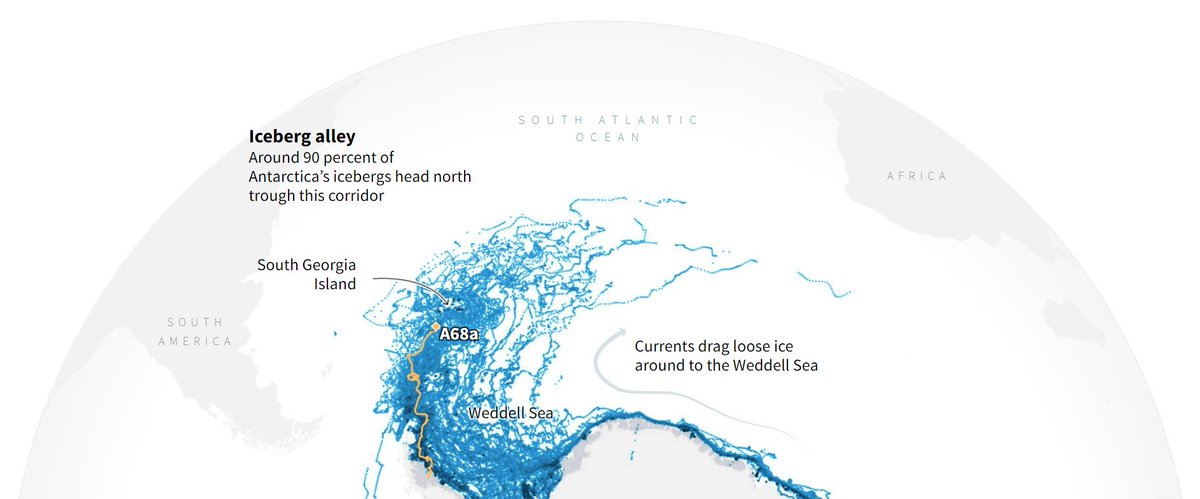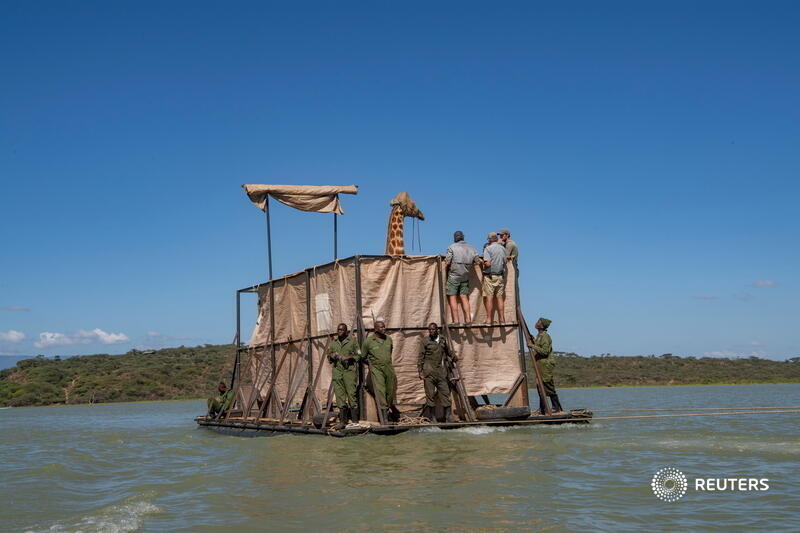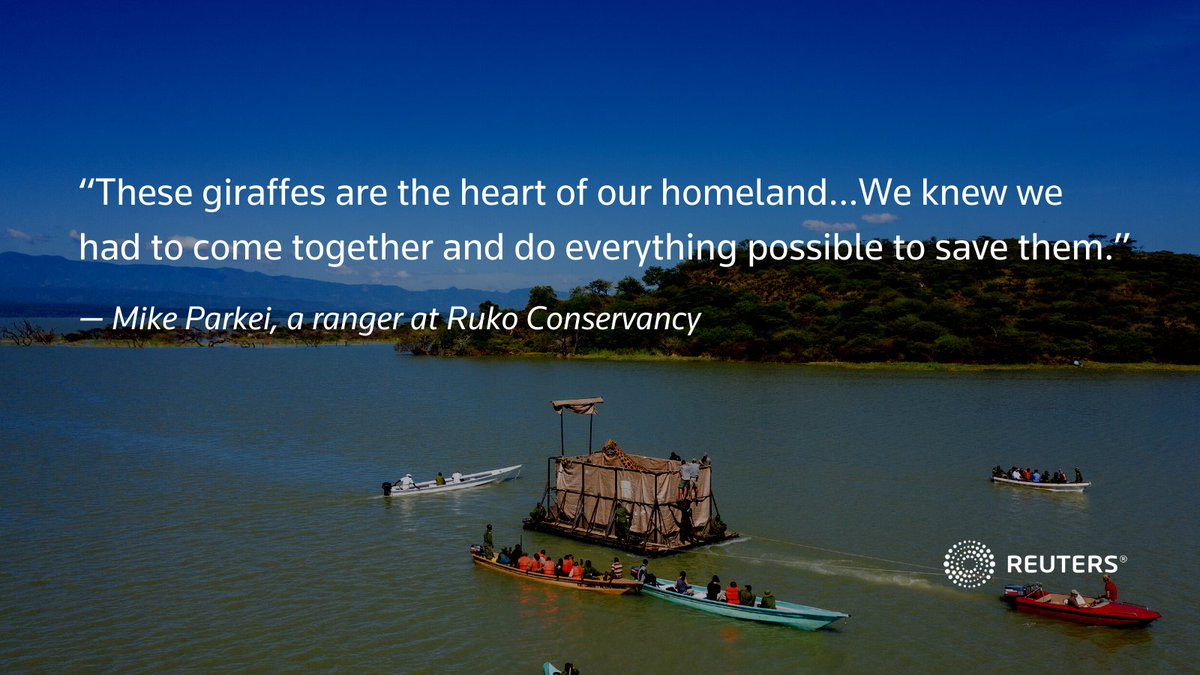
A Dutch inventor has come up with what he hopes could be a potentially faster and easier method to screen for coronavirus infections: screaming 🗣️ reut.rs/3sJZsjq 1/4
Instead of unpleasant nasal swab tests, Peter van Wees asks participants to step into an airlocked cabin and to scream, or sing. An industrial air purifier collects all the particles emitted, which are then analyzed for the virus 2/4 



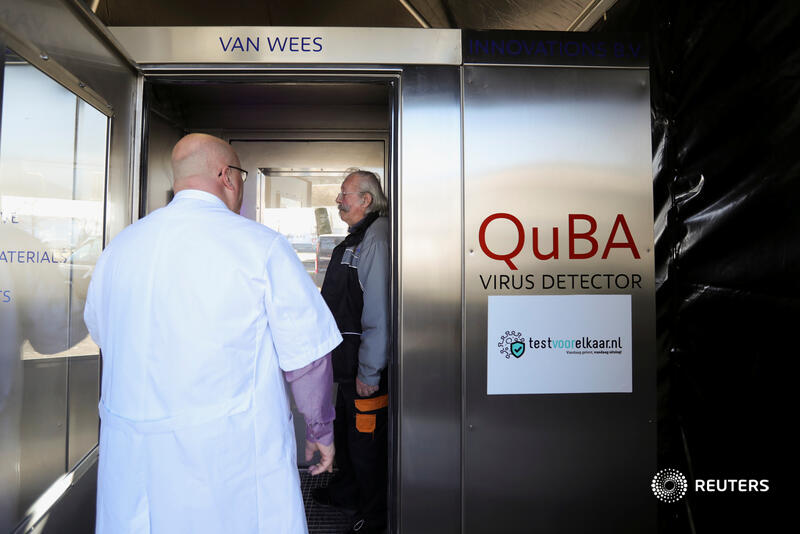

Van Wees, a serial entrepreneur, has set up his booth next to a coronavirus testing center on the outskirts of Amsterdam to try his invention out on people who have just been tested 3/4 

Van Wees says that although lots of small particles from the person’s clothes and breath are detected, an infection shows up as a cluster. He is working with a private company to marshal evidence for his strategy reut.rs/3sJZsjq 4/4
• • •
Missing some Tweet in this thread? You can try to
force a refresh














